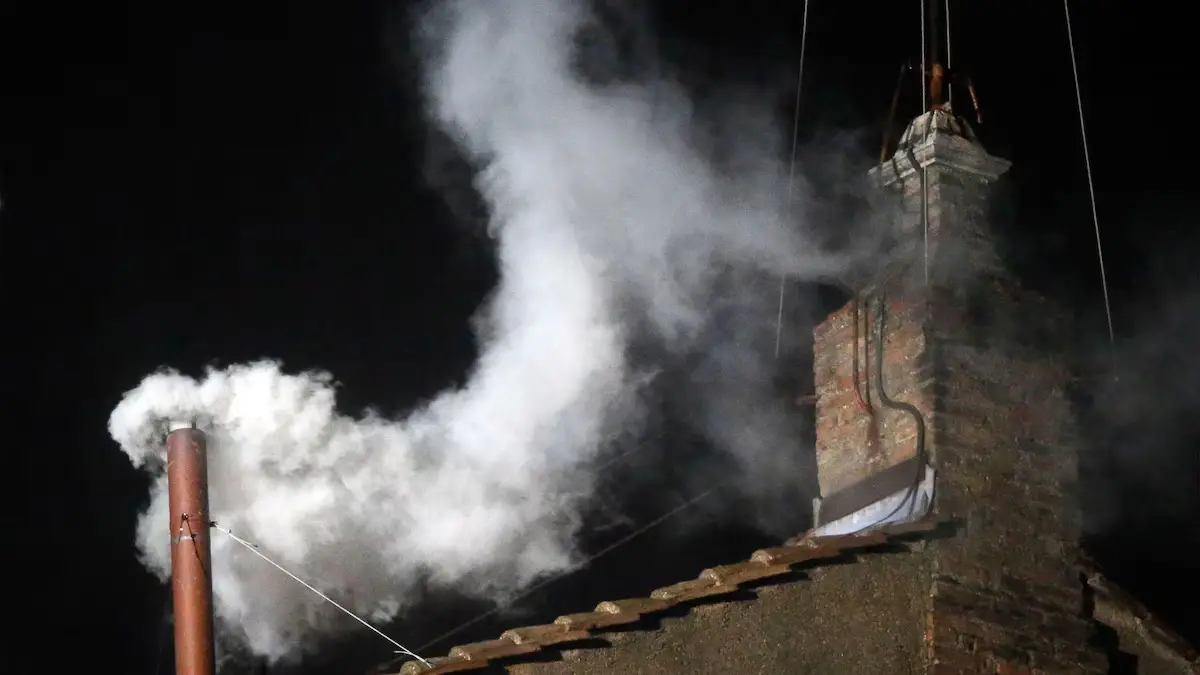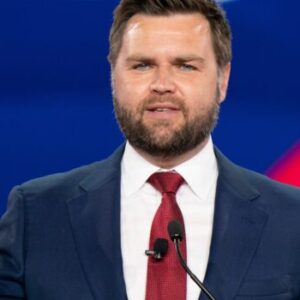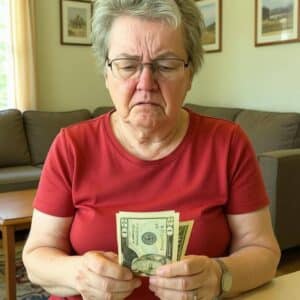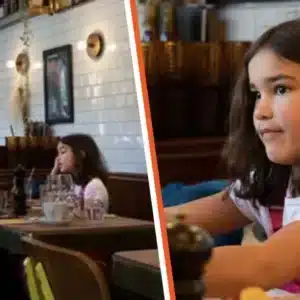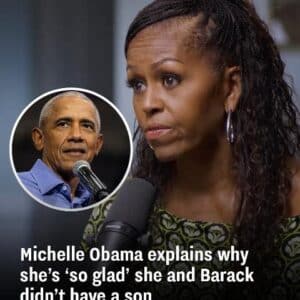1. The Conclave Emerges: From Black Smoke to White Smoke
1.1 The Conclave’s Early Days
On May 7, 2025, 115 cardinal electors under the age of 80 were sealed inside the Sistine Chapel of the Vatican, marking the start of the papal election. Following centuries-old custom, they swore an oath of secrecy and gave up all outside communication, including newspapers, cell phones, and the internet, in order to prevent outside influences from influencing their decisions.
1.2 Progress Signaling: The Smoke Ritual
To signify a lack of a decision, damp straw was lit beneath the chapel chimney at the end of each ballot, producing black smoke. St. Peter’s Square residents and innumerable viewers around the world stared expectantly at the chimney for two full days, taking each black plume as a sign of the ongoing debate. Then, at exactly 11:47 a.m. local time on May 8, the black clouds turned to white smoke, signaling that a candidate had gained the necessary two-thirds majority.
1.3 The St. Peter’s Basilica Proclamation
The Dean of the College of Cardinals, Cardinal Giovanni Battista Re, made an appearance on the central balcony of St. Peter’s Basilica a short while later. He declared solemnly, “Annuntio vobis gaudium magnum: Habemus Papam!”— (“I am very happy to inform you that we have a Pope!”). The world found out that Cardinal Robert Francis Prevost of Chicago, who had taken the regnal name Pope Leo XIV, had been selected as the 267th successor to St. Peter.
2. Pope Francis’s Death and the Path to a New Pontificate
2.1 The Last Days of Pope Francis
Vatican officials revealed that Pope Francis had suffered a severe cerebrovascular accident on Easter Monday, April 21, 2025. His Holiness died quietly that afternoon at the age of 88, despite urgent medical attention. His emphasis on environmental conservation, social justice, and pastoral outreach to the underprivileged were hallmarks of his 12-year pontificate.
2.2 A Mourning Period of Nine Days
A Novemdiales, or nine days of formal mourning, is required by tradition. As the coffin of the late pope lay in state, thousands of faithful people came to St. Peter’s Basilica to pay their respects during these nine days. The Church officially entered the interregnum—sede vacante—awaiting the election of a new bishop of Rome on April 30, following a solemn funeral Mass celebrated by the Dean of the College of Cardinals.
3. Comprehending the Conclave: Customs, Limitations, and Honor
3.1 Historical Underpinnings
Pope Gregory X implemented reforms at the Second Council of Lyon in 1274 in an attempt to speed up papal elections that were beset by political meddling and excessive delay, which is how the modern conclave got its start. Conclave, which literally translates from Latin as “with a key,” refers to the locked doors that keep the cardinals safe from outside influences.
3.2 Confidentiality and Significance
Cardinals take an oath of confidentiality promising to keep all information about any proceedings completely confidential.
Locked Accommodations: The Casa Santa Marta guesthouse is where voters stay, cut off from phones, emails, and news sources.
Daily Voting Sessions: Until a definite winner is determined, up to four ballots are cast every day, two in the morning and two in the afternoon.
Smoke Signals: White smoke indicates a successful election, while black smoke indicates votes that are not conclusive.
These customs emphasize how sacred the process is and how much responsibility each voter bears.
4. Presenting Pope Leo XIV, Cardinal Robert Francis Prevost
4.1 Childhood and the Call to Priesthood
Robert Francis Prevost, born in 1956 to pious Catholic parents in Chicago, Illinois, joined the Order of Saint Augustine after graduating from college. He was ordained as a priest in 1982 at the age of 27, and during his early ministry, he balanced pastoral work in both urban parishes and university chaplaincies with academic endeavors, earning degrees in theology and canon law.
4.2 The Augustinian Order’s Leadership
Father Prevost oversaw more than 3,500 friars worldwide as Prior General of the Augustinian Order from 2001 to 2013. He promoted a renewed focus on:
Evangelization in the neighborhood
Education, through developing closer relationships with Catholic universities
Social outreach, especially supporting economically disadvantaged groups and refugees
He gained the respect of many Augustinians and colleagues in interfaith and ecumenical circles as a result of these efforts.
4.3 Peruvian Episcopal Ministry
In 2015, Prevost was appointed Bishop of Chiclayo, Peru, where he oversaw one of the dioceses with the fastest rate of growth in the nation. Among his highlights are:
Providing vital medical services to isolated villages through mobile healthcare clinics
Scholarship Funds: Assisting secondary and postsecondary students from low-income families
Synodal Workshops: Including religious communities, youth, and lay leaders in conversations about pastoral priorities
He gained notoriety during his eight-year term for striking a balance between compassionate accompaniment and firm doctrinal teaching, which was a priority long emphasized by his predecessor, Pope Francis.
5. The Significance and Message of the Name “Leo XIV”
Each new pontiff indicates his intended emphases when deciding on a papal name. The new pope’s choice of Leo XIV evokes:
St. Leo the Great (d. 461): Known for declaring Christology at the Council of Chalcedon and defending Rome from Attila the Hun.
Pope Leo XIII (1878–1903) is remembered for his 1891 encyclical on labor rights and the social teaching of the Church, Rerum Novarum.
Collectively, these forerunners demonstrate bravery in upholding the faith and a dedication to social justice, which are essential components of Leo XIV’s projected vision for the Church.
6. The Reaction of Donald Trump to Truth Social
6.1 The Statement’s Content
Former President Donald Trump congratulated the new pope on his platform, Truth Social, within hours of the election being signaled by white smoke. Part of what he said was:
“We congratulate Cardinal Robert Francis Prevost on his recent appointment as Pope. The fact that he is the first American Pope is such an honor. What a great honor for our nation, and what a thrill. I’m excited to meet Pope Leo XIV. It will be a moment of great significance!
6.2 The Importance of Trump’s Response
There are several reasons why this response is noteworthy:
Timing: Trump’s quick statement highlighted the attention that the world was paying to an American holding the top Catholic Church position.
Patriotic Framing: Trump capitalized on nationalist sentiment and emphasized the US’s influence in international religious affairs by highlighting the “Great Honor for our Country.”
Expectation of a Meeting: Trump’s intention to meet with the new pope indicates that he will continue to engage politically with Vatican leadership, which is in line with his continuous attempts to win over religious supporters.
7. The Wider Response: World Leaders, Faithful, and the Media
7.1 Global Media Attention
Images of white smoke and Pope Leo XIV’s first blessing dominated the bulletins of major news organizations worldwide. Analysts observed:
The significance of an American election for the position of St. Peter’s chair
Possible changes in the relationship between the Vatican and the United States
Analysis of Leo XIV’s pastoral approach based on his ministry in Latin America and Augustinian formation
7.2 Reactions from Devout Catholics
There were many happy and hopeful posts on social media. Among the main themes were:
American Catholics took pride in their community’s contribution to the spread of Catholicism around the world, and they celebrated the ceremony.
Calls for Continuity: A number of clergy members stated that they hoped Pope Leo XIV would continue Francis’ emphasis on reducing poverty and protecting the environment.
Interest in New Initiatives: Ahead of Leo XIV’s early pastoral letters, parish newsletters and diocesan websites started planning prayer vigils and watch parties.
7.3 World Leaders’ Statements Official congratulations were extended by leaders from Beijing to Washington:
The U.S. president honored the election as a significant turning point in U.S.-Vatican relations in a White House statement.
The heads of state from Europe congratulated him and emphasized the pope’s role in promoting interfaith understanding and peace.
Governments in Latin America: Highlighted Prevost’s efforts in Peru and expressed hope for closer cooperation on social programs.
8. Cardinal Protocols and Conclave Cuisine
While the white smoke receives a lot of attention, the daily realities of the conclave, such as eating, frequently receive less attention. Vatican nuns prepare simple meals for the cardinals who live in the Casa Santa Marta, a small five-story guesthouse next to St. Peter’s Square. Menu mainstays consist of:
Lean Proteins: Fish, poultry, and occasionally lean meats
Vegetables: a variety of boiled or steamed vegetables, usually green beans, potatoes, and carrots
Pasta dishes made with seasonal vegetables and minimal preparation
Foods Prohibited: To prevent distractions, pies, quiches, and whole birds are prohibited.
These limitations, along with the requirement to remain silent outside of chapel sessions, foster an atmosphere that emphasizes prayer, introspection, and discernment.
9. Pope Leo XIV’s Initial Obstacles and Priorities
9.1 Preserving the Environment and Social Justice Building on Laudato Si’ and Fratelli Tutti, the new pope is anticipated to:
Start sustainability initiatives led by the Vatican
Boost international collaborations on climate action
Promote refugees and migrants via diplomatic channels.
9.2 Encouraging Synodal Administration
Leo XIV may be inspired by the recent Synod on Synodality (2021–2024).
Organize regional diocesan synods with an emphasis on youth involvement.
Increase the number of lay members on parish councils
Encourage continuous discussion about pastoral care and liturgical renewal.
9.3 Dealing with Vocational Shortages and Secularization
In regions of North America and Europe, Mass attendance is on the decline.
Digital platforms are likely to be the focus of new evangelization tactics.
Programs for vocational promotion may aim to instill in young Catholics a “culture of vocation.”
Prioritizing mental health assistance for both clergy and laypeople
10. Looking Ahead: The Initial One Hundred Days
10.1 First Homilies and Inauguration Mass
The first Mass for Pope Leo XIV is set for May 20, 2025. The following themes are anticipated:
Foot washing ceremonies serve as a reminder of humility and service.
Announcements of early trips to areas experiencing humanitarian crises or conflict zones demonstrate global solidarity.
Youth Engagement: Arrangements for a Youth Synod in Rome in 2026 with an emphasis on mental health and digital culture
10.2 Expectations for Curial and Administrative Reforms:
Ongoing efforts to increase financial transparency
Important Vatican departments are being reorganized to strike a balance between tradition and contemporary pastoral needs.
Improved communication tactics utilizing media knowledge based in the United States
The Catholic Church is entering a new era with the election of Pope Leo XIV, an American whose tenure has spanned North America, Europe, and Latin America. The 267th pope is well-positioned to carry on Pope Francis’s legacy while introducing his own unique vision to the world stage thanks to his experience in Augustinian governance, pastoral outreach in Peru, and commitment to social teaching.
Trump’s quick congrats on Truth Social highlight the election’s wider geopolitical significance. Leo XIV’s early actions, including his homilies, diplomatic engagements, and administrative reforms, will set the tone for a pontificate that transcends generations, cultures, and continents as the world watches.
